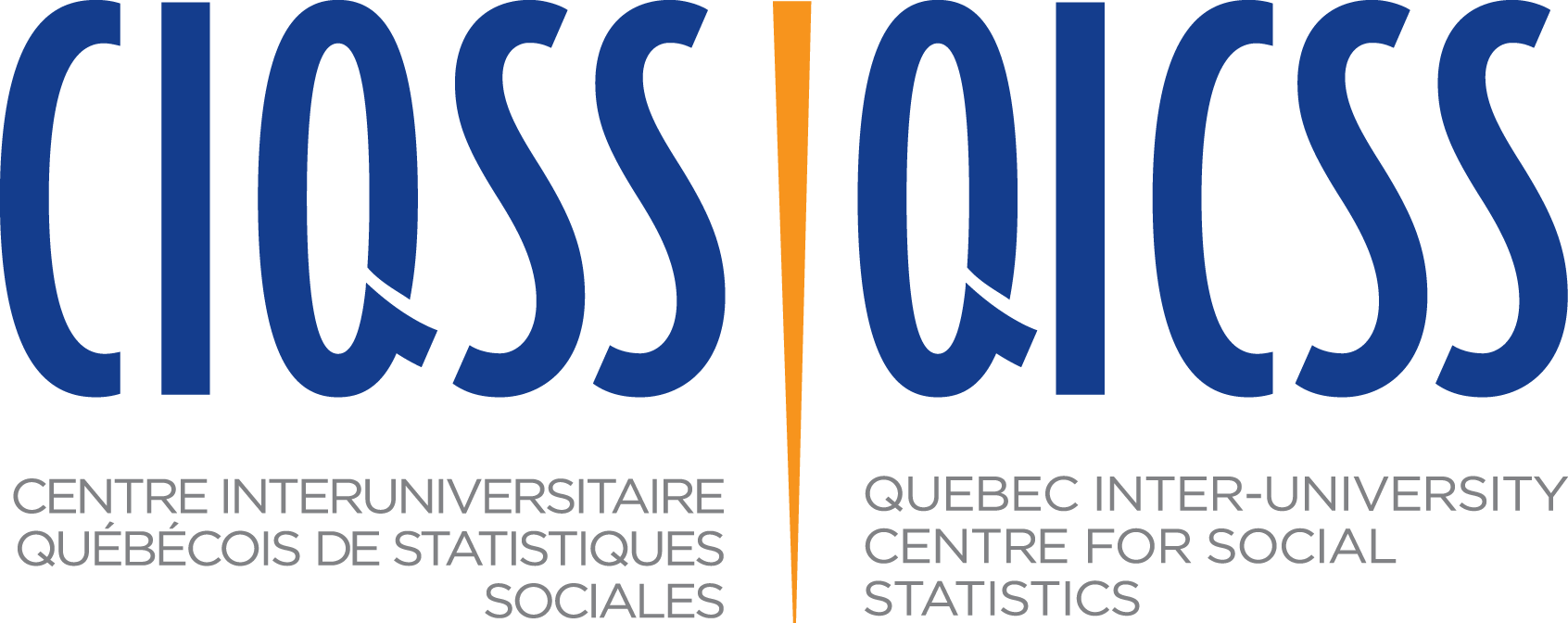Bootcamp on Administrative Data Analysis (BADA 2024)
BADA - June 10 - 14, 2024
(In person at QICSS - 9 a.m. - 4:45 p.m.)
Overview
BADA is a summer school intended for researchers wishing to carry out analyzes with administrative or linked data from Statistics Canada. It is more specifically targeted at graduate students and early career university or non-university researchers.
The summer school aims to allow participants to develop a familiarity with the nature and content of the main administrative databases available in Statistics Canada's Research Data Centers (RDCs). It will also allow participants to master analysis and programming techniques adapted to this type of data and to the RDC environment.
Objectives
- Develop an advanced knowledge of the content of the main Canadian administrative datasets.
- Identify the potential and limitations of administrative data for social science research.
- Develop data manipulation techniques and analytical methods applicable to administrative data using Stata (with possible complements in SAS and R).
- Develop longitudinal data analysis skills.
Course structure
Day 0
Advanced Stata training workshop: Programming for longitudinal data analysis
Day 1
Introduction to administrative data analysis and its basic concepts
Day 2
Studying families and incomes using tax data
Day 3
Record linkages and data integration
Day 4
Data challenges, indirect measures, and data validation
Prerequisites
Participants should have previous experience analyzing quantitative data with programming-based software (Stata, R, or SAS). Applications will be evaluated to ensure level of prerequisites.
To be eligible, participants must:
- have already completed a quantitative methods project as part of a methodology course, a master’s thesis, a dissertation, or a research internship;
- be familiar with the functions of written commands (do-files, programs, etc., not just from drop-down menus) to recode variables, produce crosstabs, and estimate basic regressions;
- being a researcher on an active project at any Canadian RDC before the beginning of the summer school or having been a researcher on a project that has ended no more than one year before the beginning of the summer school (see https://www.statcan.gc.ca/fr/microdonnees/centres-donnees/acces; for details or support, communicate with [email protected]).
Note: This course is not designed for people who have never done a project based on quantitative methods or have no experience of manipulating microdata with lines of code.
Registration fees
Days 1 to 4
$400 - Student and postdoctoral fellow
$800 - Staff from a QICSS member university
$1200 - Any other category
Registration fees must be paid by credit card. Federal and Provincial taxes are not included.
The link for the payment will be sent directly to the candidates that have been vetted to attend the training. Bursaries to help cover travel costs for students from QICSS member institutions will be available.
For questions related to registration, please contact [email protected].
Call for applications
QICSS invites you to submit your application by February 2, 2024 by completing the following form. QICSS adopts a broad and inclusive definition of diversity that goes beyond applicable laws. It encourages all persons, regardless of their characteristics, to apply, including women, Aboriginal people, visible minorities, ethnic minorities and persons with disabilities. Please be assured of the confidentiality of this information.
The number of participants for this training is limited to 10.
For more information on content and programming, please contact [email protected].
Trainer
 |
Xavier St-Denis is an assistant professor of population studies at the Institut national de la recherche scientifique (INRS) and director of the Social Statistics Study Group (SSSG). His research focuses on social mobility, socioeconomic inequalities, occupational and educational trajectories, and social statistics. Before joining INRS, he was a postdoctoral fellow at the University of Toronto and worked as a researcher at Statistics Canada. With his team, he uses a large number of administrative and linked databases made available to researchers by Statistics Canada. |
*** Full course outline will be provided soon.



